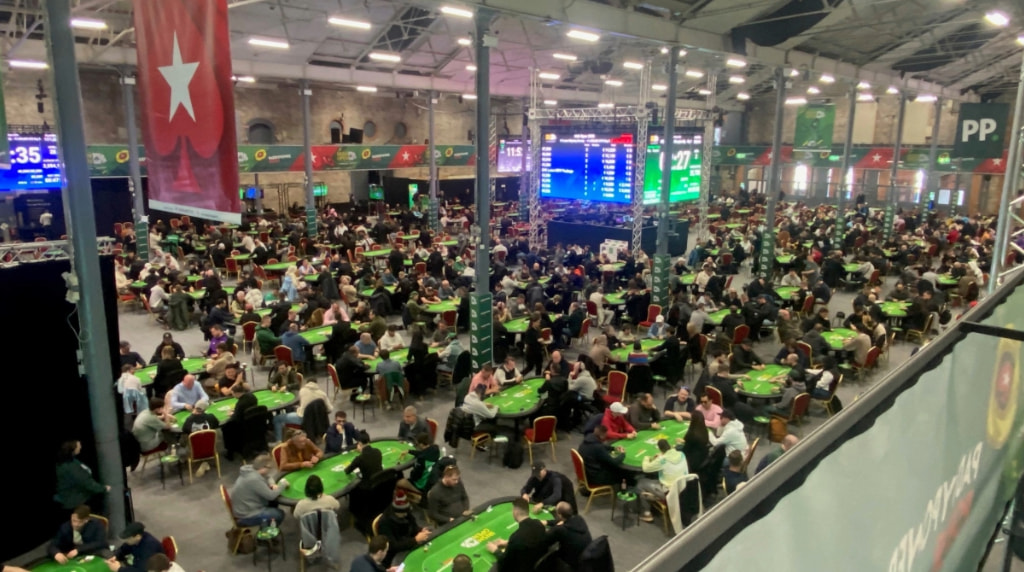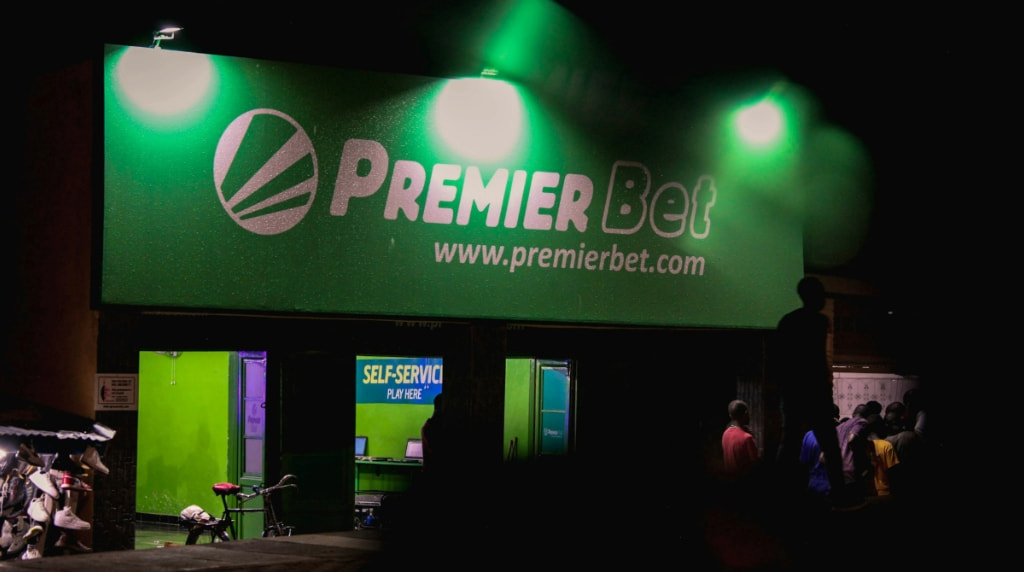PA Considers Expanding Video Gambling
Pennsylvania lawmakers are beginning to consider allowing video gaming terminals in bars and restaurants to aid ailing businesses post-coronavirus shutdown. The terminals, which have been tested in a pilot program at truck stops across the state since April 2019, were released as a part of recent gambling expansion efforts.

A number of lawmakers and gambling lobbyists are proposing that small bars and taverns should be able to offer video gaming terminals to help with the economic downturn. ©RJA1988/Pixabay
There are currently 135 terminals at 27 truck stops across the state. The machines offer a minimum return to player rate of 85 percent, leaving 15 percent as gross gaming revenues. Of these, 42 percent goes to Pennsylvania’s state general fund and 10 percent is set aside for county-level grants.
According to the Pennsylvania Gaming Control Board, the maximum bets on the machines is $5, while the maximum payout is $1,000. Last year, roughly $60 million was wagered on the machines, with $5.3 million of that being gross gaming revenues.
lt is hoped that the expansion of the machines will be a saving grace for Pennsylvania’s independent bars and restaurants, many of which have been decimated by the coronavirus shutdown. Local experts are estimating that 85 percent of small bars could close by the end of the year.
At the moment, bars can only sell pull-tab game cards after a long and expensive license application process. With most businesses already unable to apply for the licenses, it is hoped that the new video gaming laws will bring a long-awaited source of revenue to bars in a more streamlined process.
According to Rick Meitzler, the CEO of video gaming terminal manufacturer Novomatic Americas and board member for the Pennsylvania Video Gaming Association (PAVGA), many bars already offer the terminals. However, as the machine exist in a legal grey area, the state is not currently benefiting from revenues.
Meitzler has stated that if the law is possible, Novomatic would open a factory to manufacture the machines in Pennsylvania. In addition to the increase in gross gaming revenues generated from the law, the boost in manufacturing would also help unemployment rates in the state.
Meitzler points to Illinois’ success after expanding gambling in 2009 as being a viable model for Pennsylvania’s lottery terminal law. Since the terminals came online in Illinois in 2012, small businesses can expect to make an extra $40,000 to $50,000 per year, while large businesses can make up to $500,000.
The PAVGA also highlights that bars could use the money to not only survive but to support local communities, grow and improve. As the state would raise about as much as each venue does, the PAVGA estimates video gaming terminals could bring up to $472 million annually for the state once fully implemented.
The current pilot program states that one location can host up to five terminals, though it is not yet clear if the same will go if the bill will allow the same for bars. The PAVGA hopes all post-payout revenues will be split equally between the Department of Revenue, operators and license holders.
Opposition to the Idea
While many believe that the extra income would be great for small businesses, not everyone is as enthusiastic about the proposition. One powerful critic is Governor Tom Wolf, whose press secretary suggested it isn’t viable to talk about expanding gambling until previous gambling expansion efforts are fully implemented.
“There are a multitude of legal gaming options already available for Pennsylvanians to play, including lottery, ilottery, slot machines, table games, sports gaming, internet gaming, fantasy sports, etc. Any new gaming dollars will siphon existing gaming revenue streams that benefit Pennsylvanians, like the lottery fund and property tax relief fund.”– Kevin Hensil, Deputy Press Secretary, Pennsylvania Governor’s office, speaking to the Delaware County Times
Senator Tim Kearney of Swarthmore has also expressed reservations about gambling expansion, saying that he isn’t a fan of making money off of players’ desires to gamble. However, he also added that he understands why it is being considered and that it’s up to constituents how they spend their money.
Unsurprisingly, the state’s casinos also oppose the proposal as they believe it will reduce their takings. In a letter to legislators penned by 13 licensed casino operators, the signees described being shocked and alarmed by the idea, saying it would have a devastating impact on the state’s casinos and lottery.
Other legislators have found the idea poorly-timed, believing that issues relating to more direct responses to the coronavirus and police brutality must first be addressed. Some have also expressed a belief that some Senators are responding due to an increase in pressure from prominent election campaign donors in the video gaming industry.
For the time being, there has yet to be a draft of a bill introduced to the Senate, though language drafted by the PVGA has been circulating through the Capitol recently.



